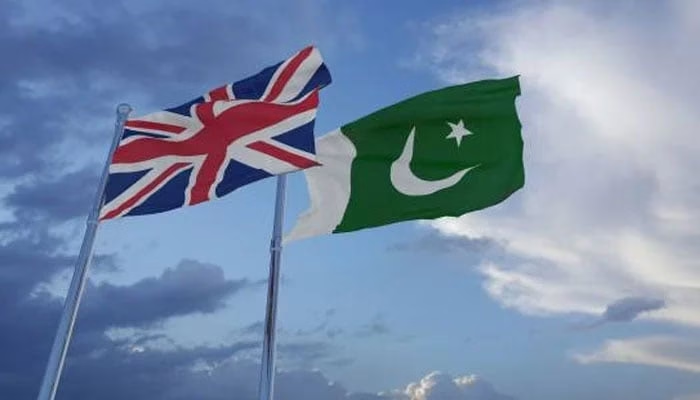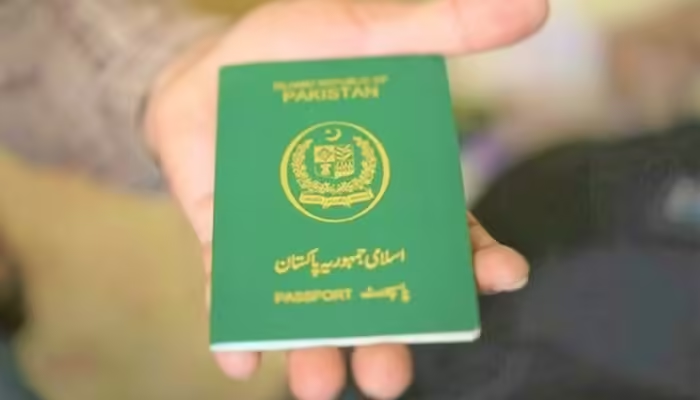The United Kingdom has expressed its stance regarding the conviction of 25 individuals in Pakistan’s military courts, following their involvement in the May 9 tragedy. While respecting Pakistan’s sovereignty and legal processes, the UK raised concerns about the lack of transparency and independent scrutiny in military court proceedings. These remarks highlight the global discourse on fair trial standards and human rights obligations.
UK’s Official Response
A spokesperson for the British Foreign Office emphasized the UK’s respect for Pakistan’s sovereignty, stating, “The UK does not interfere in Pakistan’s legal processes.” However, the spokesperson added that military courts, by their nature, often lack the transparency and independent oversight necessary for civilian trials. This lack of scrutiny, they argue, undermines the fundamental right to a fair trial.
The UK urged Pakistan to uphold its commitments under the International Covenant on Civil and Political Rights (ICCPR), which emphasizes the need for fair, impartial, and transparent legal proceedings.
Background: May 9 Tragedy and Sentencing
The convictions stem from the events of May 9, a day marked by significant unrest and violence in Pakistan. According to the Inter-Services Public Relations (ISPR), military courts sentenced 25 individuals involved in these events to rigorous imprisonment, with sentences ranging from 2 to 10 years.
The military trials, initiated to address the gravity of the crimes, have been a subject of debate, particularly regarding their adherence to international legal standards.
Concerns About Military Courts
Military courts in Pakistan have historically been utilized for cases involving terrorism and acts against the state. However, their application to civilians has drawn criticism from human rights organizations and foreign governments.
Critics argue that these courts operate without the same level of transparency and procedural safeguards as civilian courts. The lack of independent oversight, combined with restricted access to legal representation, raises questions about the fairness of the trials.
The UK’s concerns echo broader calls for judicial reform and adherence to international human rights standards. Transparency, impartiality, and access to legal defense are fundamental principles enshrined in the ICCPR, to which Pakistan is a signatory.
Global Implications and Pakistan’s Response
The UK’s response reflects a growing global interest in the rule of law and human rights within Pakistan. International observers have called for a more robust civilian judicial system capable of handling sensitive cases without resorting to military courts.
Pakistan, on the other hand, defends the use of military courts as a necessary measure to address extraordinary circumstances, such as acts of terrorism or national security threats. Proponents argue that these courts are equipped to deliver swift justice in cases where civilian courts may face delays or threats to their independence.
Calls for Reform
The debate surrounding military courts underscores the need for judicial reform in Pakistan. Strengthening civilian courts, ensuring timely trials, and safeguarding the rights of the accused are essential steps toward building public trust in the legal system.
Human rights advocates suggest that Pakistan should work toward reducing its reliance on military courts for civilian cases. By investing in the capacity and security of civilian judicial institutions, the country can align its practices more closely with international legal norms.
Pakistan’s International Commitments
As a signatory to the ICCPR, Pakistan is obligated to uphold fair trial standards and protect the rights of individuals within its jurisdiction. The covenant emphasizes the importance of an independent judiciary, the presumption of innocence, and the right to legal representation.
The UK’s statement serves as a reminder of these commitments and highlights the need for continued progress in aligning domestic legal practices with international obligations.
Public and Political Reactions
The convictions have sparked mixed reactions within Pakistan. While some view the military courts’ swift action as a necessary response to the May 9 tragedy, others express concerns about the broader implications for civil liberties and judicial independence.
Political analysts note that the issue of military courts is likely to remain a contentious topic in Pakistan’s political landscape. Balancing national security concerns with the need for transparent and fair legal processes will be a key challenge for policymakers.
As Pakistan navigates these challenges, strengthening its civilian judicial system and reducing reliance on military courts could pave the way for a more equitable and transparent legal framework. The May 9 tragedy and its aftermath serve as a critical moment for reflection and reform in the pursuit of justice and accountability.



